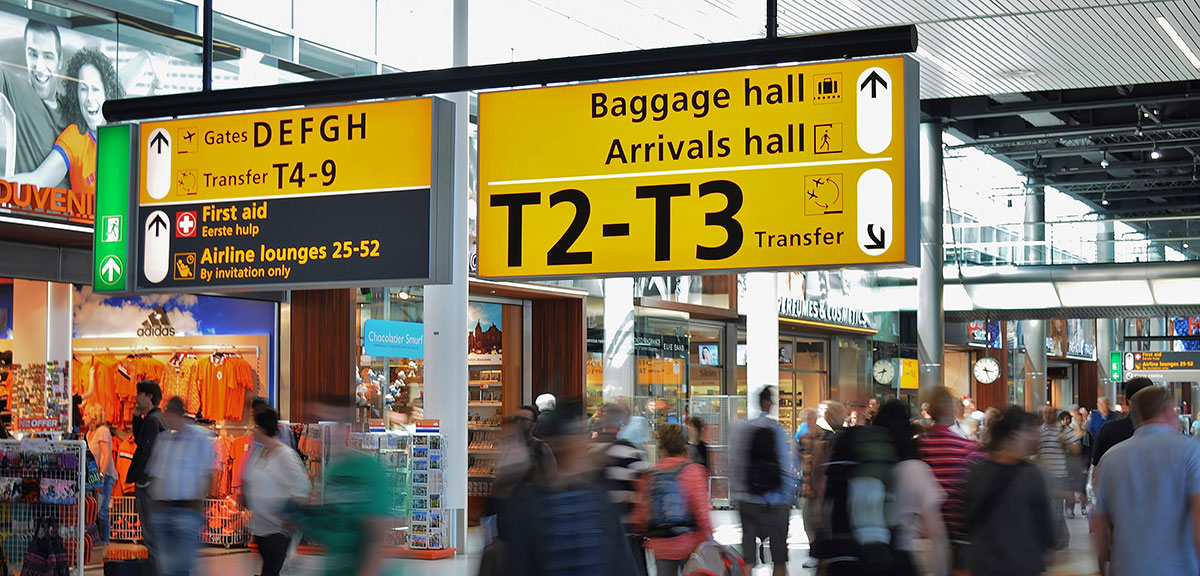A World of Difference: Dealing with Culture Shock
 Supplied
SuppliedThe term “culture shock” gets used frequently, but it’s a term that is often hard to understand for people who don’t travel—or so they think. When we imagine culture shock, we usually think of things like the street food of Beijing or the traffic in Dubai, but the truth is that culture shock can happen anywhere—even here in Edmonton.
The phenomenon typically comes about when a traveler is placed in a situation that is far from what they consider to be normal—that is, what they accept as normal based on how things work where they’re from. For instance, a Canadian tourist traveling to Bangkok might at first be enthralled by the city’s difference in culture, but could soon find themselves rejecting the contrasts from Canadian customs. For example, the inevitable language barrier and the use of squatters are two things that everyone traveling in Thailand is bound to encounter and not exactly appreciate.
Generally the first stage of culture shock is called the honeymoon phase: everything is wonderful, new, and interesting—you’re excited and curious about all of it. It doesn’t take long, however, for the honeymoon stage to turn into full-blown culture shock. Most often, this comes through as anger or frustration; as a foreigner, you become uncomfortable with the cultural traditions that you see as strange or wrong.
Culture shock becomes problematic as it often ruins what could otherwise be a fantastic trip and an eye-opening learning experience. The most important thing to keep in mind is that every culture is different—what you think is “normal” might be seen as totally backwards to others and vice-versa. If you feel yourself getting annoyed on your trip, try and take a moment to recuperate. Spend some time thinking things over and work on accepting that not everything you encounter is going to seem right to you. Culture shock is one of the things that makes traveling so great, although it may make you uncomfortable, it also makes you aware. Once you can get over the initial surprise of cultural difference, you can really start to learn and appreciate the practices, traditions, and customs that you’re surrounded by. Most importantly, culture shock can help you learn the difference between real danger and simple uncertainty—a distinction that every traveler needs to make.
From Amsterdam’s Red Light District to Cairo’s markets to Edmonton’s sketchier streets, culture shock can happen to anyone anywhere. Remember to thoroughly read up on the area that you’re traveling to and to prepare yourself for some of the things you might encounter. As a traveler it’s extremely important to demonstrate respect and acceptance while abroad. It’s easy enough to avoid certain events, foods, and areas if you’re averse to experiencing them, just remember that courage, tolerance, and an open mind can make a world of difference—literally.




